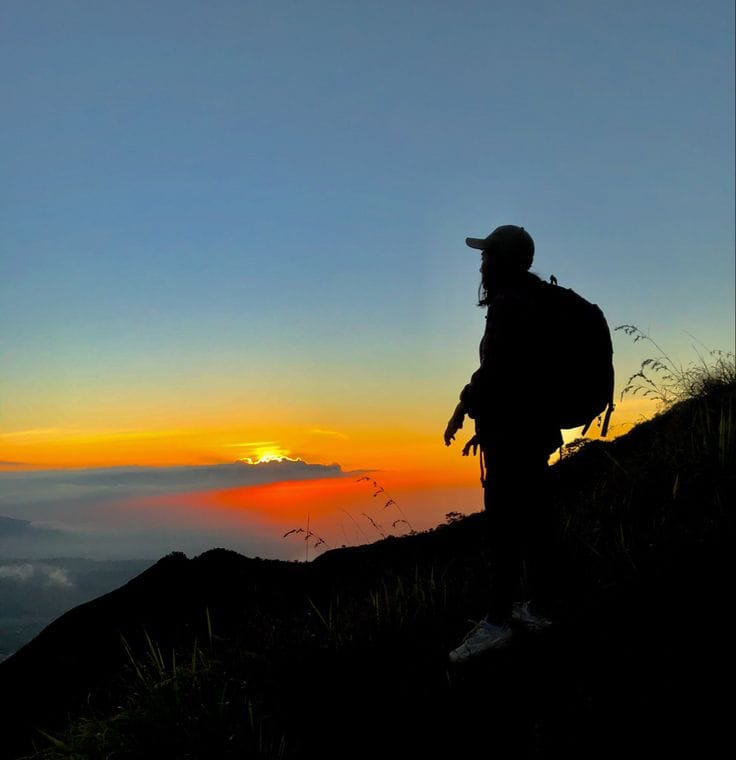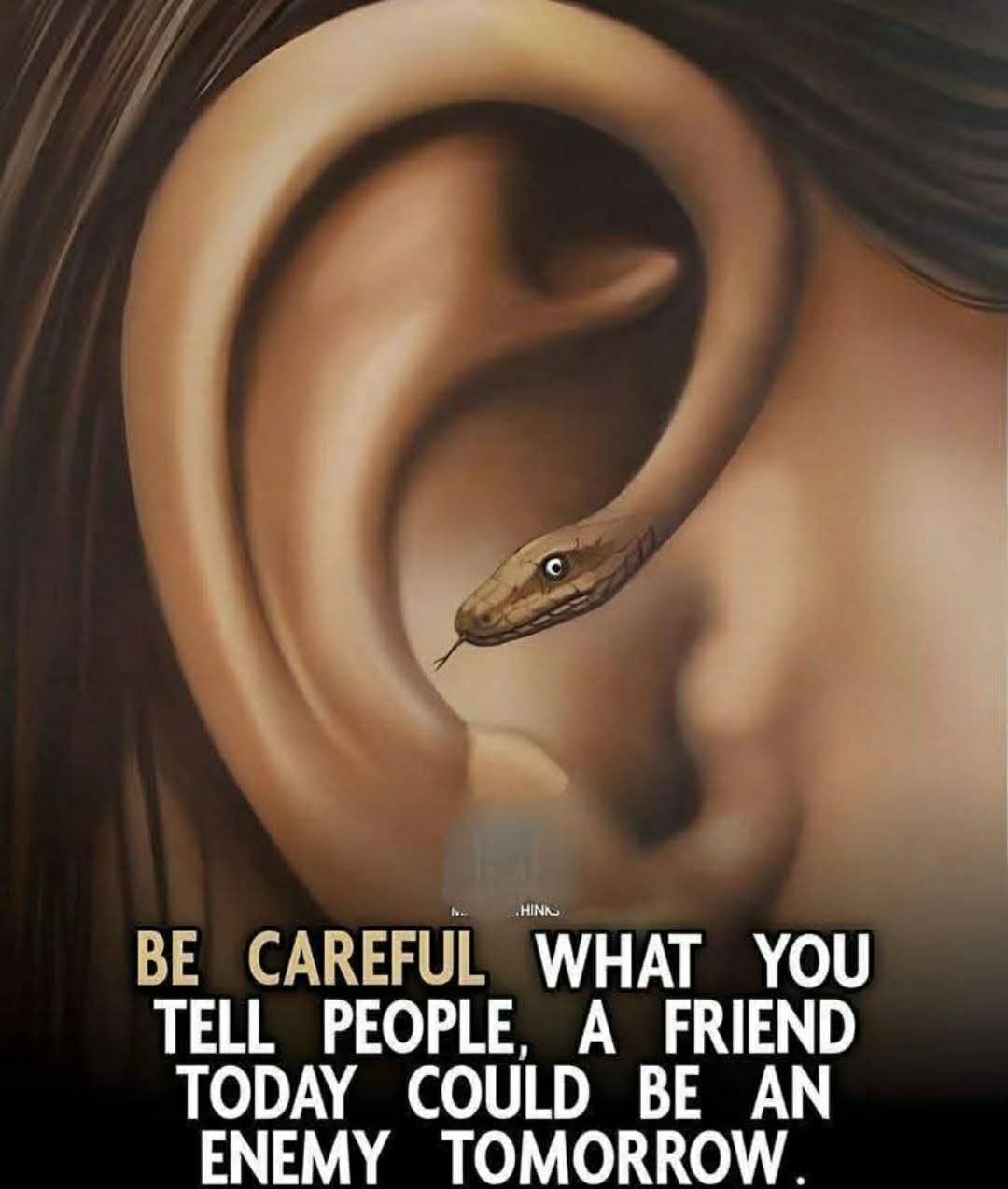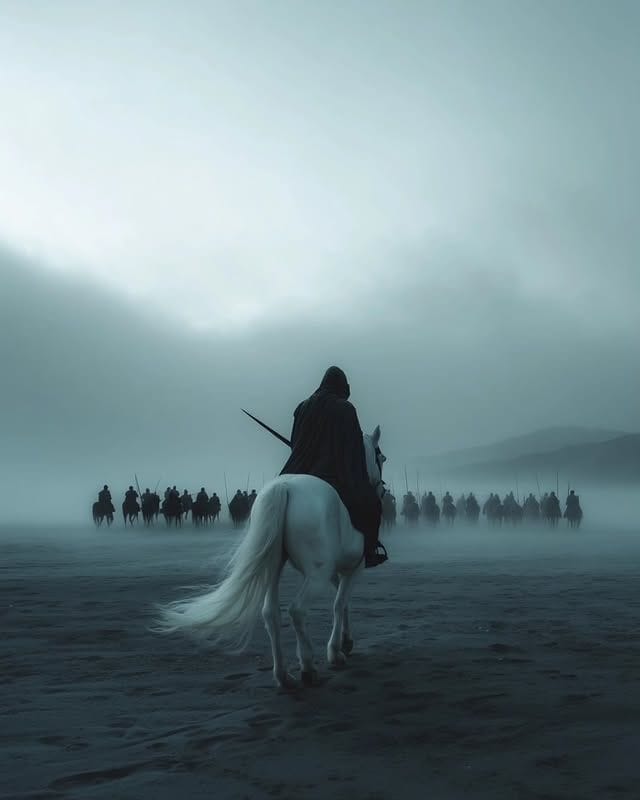You don’t truly understand resilience until you’ve seen a child in worn-out flip-flops offer you half of his only meal. You don’t understand gratitude until you’ve watched a woman with no roof over her head thank the sky for rain. And you certainly don’t understand the real definition of “rich” until you’ve sat beside someone who owns nothing—but gives like they own the world. These are the lessons life doesn’t teach you in comfort. They’re the wisdom that blooms only in places where material abundance is scarce but human spirit flows endlessly.
It’s easy to think we know what life is about—until we witness those who live with nothing. We often measure success by square footage, net worth, titles, and followers. But for people who have nothing, life is measured in laughter, community, hope, and grit. Their priorities are sharply aligned with survival, yes—but also with compassion. Because when you have nothing, you understand the weight of need. And when you understand need, you develop the deepest form of empathy.

Around the world, the poorest communities often exhibit the richest humanity. In Indian slums, in Haitian villages, in remote African towns, and in inner-city shelters, you will see generosity that puts millionaires to shame. People who make less than a dollar a day will cook you a meal without hesitation. They’ll carry your burden without asking for a favor in return. Because to them, survival was never meant to be a solo project. The sense of “we,” not “me,” is what keeps them afloat.
There’s a psychological truth to this: studies in behavioral science show that those who have the least often give the most relative to their means. Why? Because suffering breeds compassion. Because hardship breaks down ego. When you know what it feels like to be without, your heart is more attuned to the suffering of others. And yet, modern society has glorified independence to the point of emotional isolation. We mistake wealth for worth. We confuse luxury with happiness. We idolize “self-made” legends while overlooking the quiet nobility of community-built lives.
From a neurological perspective, people who frequently engage in acts of generosity—like those in low-income, tightly bonded communities—actually experience more activation in the brain’s reward centers. Giving, for them, is not an obligation. It’s a reflex. Their brains are wired for compassion because that’s what has kept them alive and connected.
History, too, supports this lesson. In war-torn countries and post-disaster zones, it’s the poorest citizens who rebuild communities, share rations, and open their arms first. In WWII England, it was ordinary working-class families who housed refugee children. During Hurricane Katrina, the “have-nots” were often the first to rescue others. Why? Because they knew what it meant to be left behind—and refused to do the same to someone else.
But here’s the part most of us overlook: they may not have bank accounts or property deeds, but they are rich—in presence, in perspective, in peace. They don’t hoard time the way we hoard money. They sit with you, listen without checking their phones, and share stories that carry decades of wisdom. Their joy is not filtered or curated. It’s raw, grounded, and deeply real. They laugh louder, love harder, and forgive faster—because their lives are a constant reminder that tomorrow isn’t promised, and joy must be seized now.
When you have everything, you often forget what truly matters. When you have nothing, you remember.
So what do we learn from those who have nothing?
We learn that relationships matter more than things. That time is more precious than titles. That sharing a meal, no matter how small, creates a bond that luxury can’t replicate. We learn that presence beats presents. That humility is the purest form of strength. And that happiness, despite what capitalism tells us, is not for sale—it’s found in shared humanity.
Maybe the real poverty is not outside us, but inside us. In our disconnection. In our endless striving. In our belief that “more” will finally make us feel enough.
So the next time you pass someone who appears to have nothing, don’t just see the lack. See the lessons. Because within their hardship lies a wisdom that modern life desperately needs.
The truth is, those who have nothing might just have everything worth living for.



